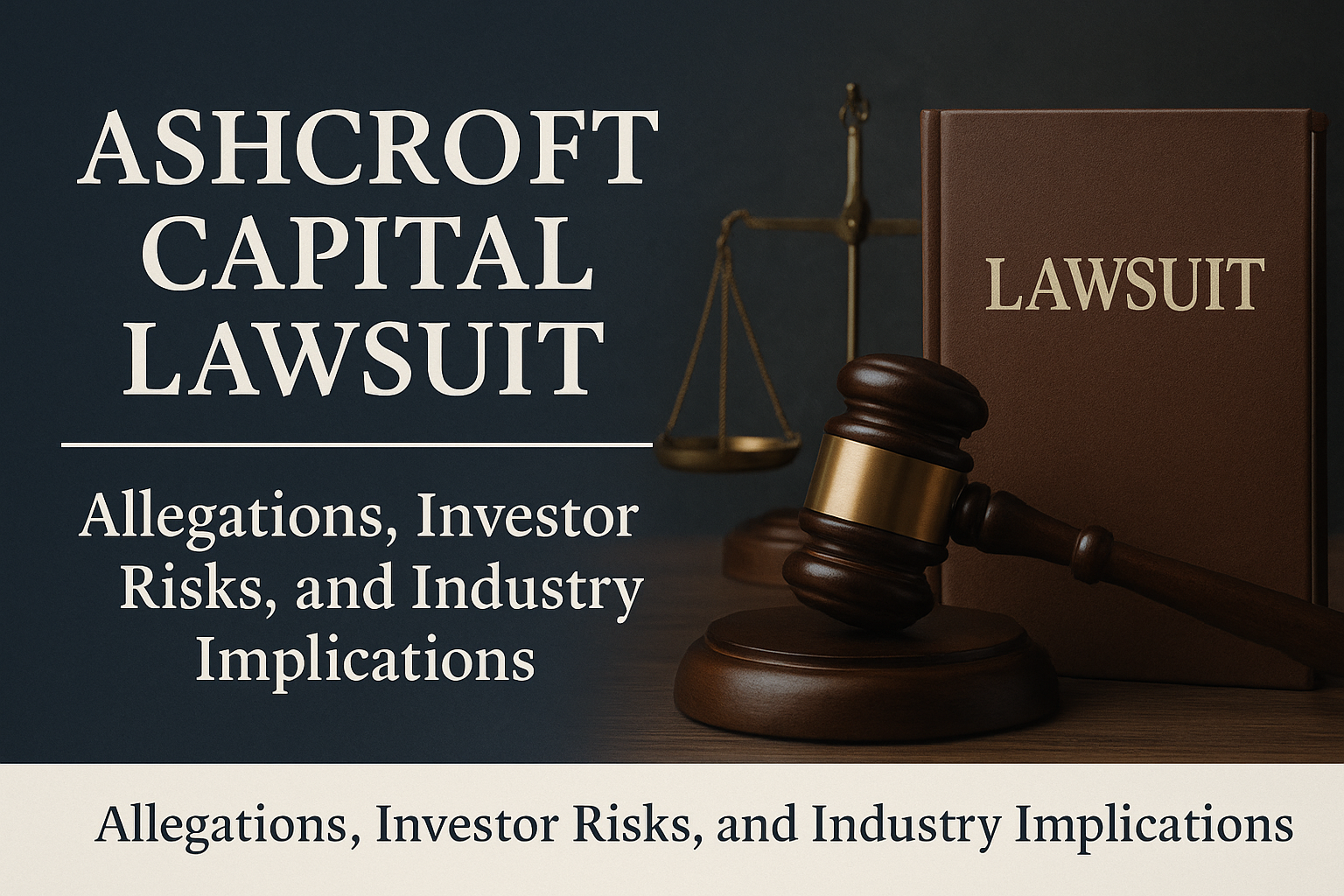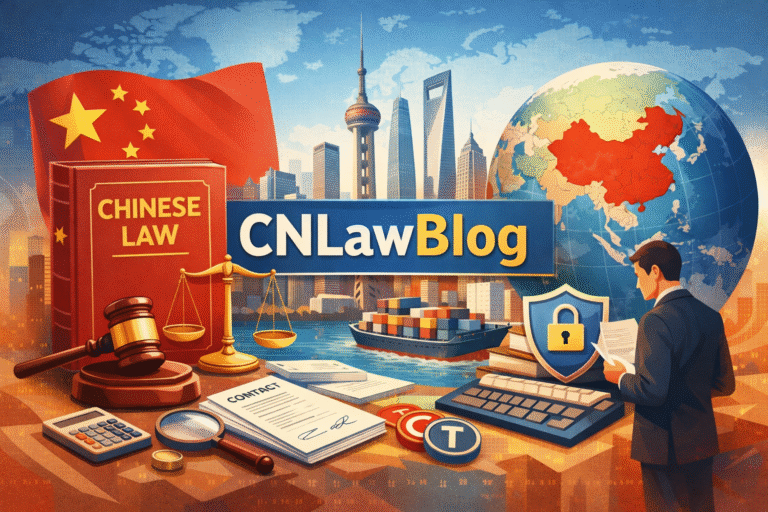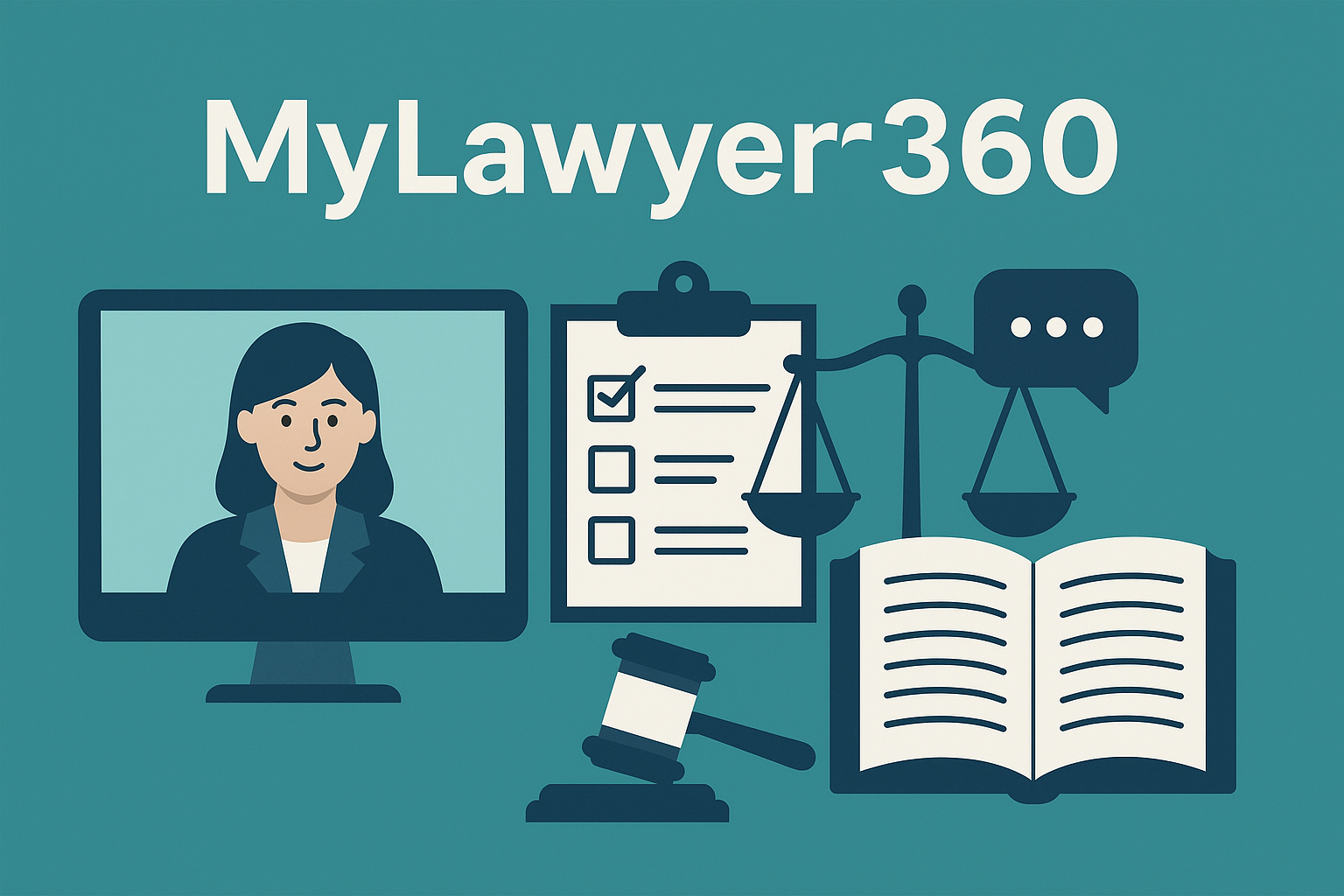Ashcroft Capital Lawsuit: What Investors Need to Known
The Ashcroft Capital lawsuit has become a big issue in real estate investing. In February 2025, a case called Cautero v. Ashcroft Legacy Funds was filed against the company. The lawsuit says Ashcroft gave investors inflated return numbers, did not explain risks clearly, and failed to act in the best interests of investors.
Investors are worried because the lawsuit claims losses of about $18 million. The case is still going on, but it already teaches important lessons about trust, transparency, and risk in real estate deals
Background of the Case Ashcroft Capital Lawsuit
Filed February 2025
Court Case Cautero v. Ashcroft Legacy Funds
Main Issue Ashcroft is accused of giving misleading investment information
Damages Claimed $18 million
Current Stage Pre trial discovery evidence and documents are being reviewed
Update Reports say settlement talks may have started, but no final decision yet
Main Allegations
Investors say Ashcroft made mistakes that hurt them financially.
The Four Main Claims:
Inflated Returns Ashcroft showed high return numbers IRR that were unrealistic.
Poor Risk Disclosure Important risks were not clearly explained to investors.
Breach of Trust The company may not have acted in the best interest of its investors.
Investor Losses About $18 million in losses are claimed.
Timeline of Events
| Date | Event |
|---|---|
| Feb 2025 | Lawsuit filed against Ashcroft Capital |
| Mar 2025 | Discovery begins emails and documents reviewed |
| Apr 2025 | Investors raise questions about late or reduced distributions |
| May 2025 | Settlement talks are reported |
| Now | Case still active; no final outcome yet |
Impact on Investors
This lawsuit affects both investors who are directly involved and others in the real estate market.
Main Concerns for Investors Ashcroft Capital Lawsuit
Cash Flow Problems Distributions may be delayed, reduced, or stopped.
Loss of Capital There is a risk that some money invested may not come back.
Trust Issues Many investors are now worried about other Ashcroft funds.
Legal Choices Some must decide whether to join the lawsuit or wait.
Possible Outcomes
| Outcome | Impact on Investors |
|---|---|
| Settlement | Investors may get some money back sooner, but not full damages |
| Trial Investors Win | Could bring larger compensation and stricter rules for sponsors |
| Trial Ashcroft Wins | No payout for investors; company still faces reputation damage |
| Case Dismissed | Investors lose the case; trust in the company still weakened |
Industry Reactions
The lawsuit has caught the attention of the real estate industry. Many experts believe it is a warning sign for both sponsors and investors.
Expert Opinions
More Transparency Needed Sponsors may need to share more accurate reports.
Due Diligence is Key Investors must doublecheck promises and projections.
Regulation May Increase Authorities could look closer at private real estate funds.
Industry Wake Up Call Even big, trusted companies can face legal action.
Lessons for Investors
This lawsuit shows why investors must be careful before putting money into private real estate deals.
Simple Lessons:
Read Everything Always review offering documents carefully.
Ask Questions Demand explanations about risks and downside scenarios.
Diversify Do not put all your money with one sponsor or in one fund.
Stay Informed Follow updates and monitor financial performance closely.
Get Advice Talk to financial or legal experts before investing.
What Investors Can Do Now
If you are directly involved in Ashcroft funds, here are steps to protect yourself:
Follow Case Updates Use reliable trackers to stay informed.
Contact Investor Relations Ask about distributions and fund status.
Seek Legal Advice Decide if joining the lawsuit is the right move.
Review Your Portfolio Reduce reliance on one company or sponsor.
Prepare for Delays Plan ahead in case distributions stop for a while.
Broader Implications
This lawsuit is not just about Ashcroft it is about the whole real estate syndication market.
Sponsors must be more careful with projections and must disclose risks clearly.
Investors must check promises against realistic market data.
The Industry may see more rules, more oversight, and more cautious investors.
FAQs
What is the Ashcroft Capital lawsuit?
The Ashcroft Capital lawsuit involves legal claims against the real estate investment firm Ashcroft Capital. Investors raised concerns about possible mismanagement, misleading promises, and financial risks in some of its real estate syndication deals.
Why was Ashcroft Capital sued?
The lawsuit mainly focuses on issues like:
Not being clear about investment risks.
Questions about how investor money was used.
Concerns over transparency in real estate projects.
Who filed the lawsuit against Ashcroft Capital?
The lawsuit was filed by groups of investors who believed they faced financial losses due to the company’s practices. Some class-action suits may include multiple investors.
Is Ashcroft Capital still operating?
Yes. Despite the lawsuit, Ashcroft Capital continues to run real estate syndication projects. However, the case has raised questions about its business methods.
How does this lawsuit affect investors?
The effect depends on the outcome of the case:
Some investors may recover losses if claims are proven.
Others may need to adjust their expectations on returns.
Future investors will likely see stricter rules and more transparency.
Conclusion
The Ashcroft Capital lawsuit is a serious case that could affect investors, sponsors, and the entire real estate industry. The allegations focus on exaggerated returns, weak risk disclosures, and millions in investor losses While the case is still active, it has already taught investors an important lesson: always do proper research, ask tough questions, and never invest blindly based on promises of high returns.
Whether the outcome is settlement, dismissal, or trial, the message is clear transparency and trust matter most in real estate investing.



